What’s causing Chelsea to keep Pochettino uncertain about his future?
What’s causing Chelsea to keep Pochettino uncertain about his future?
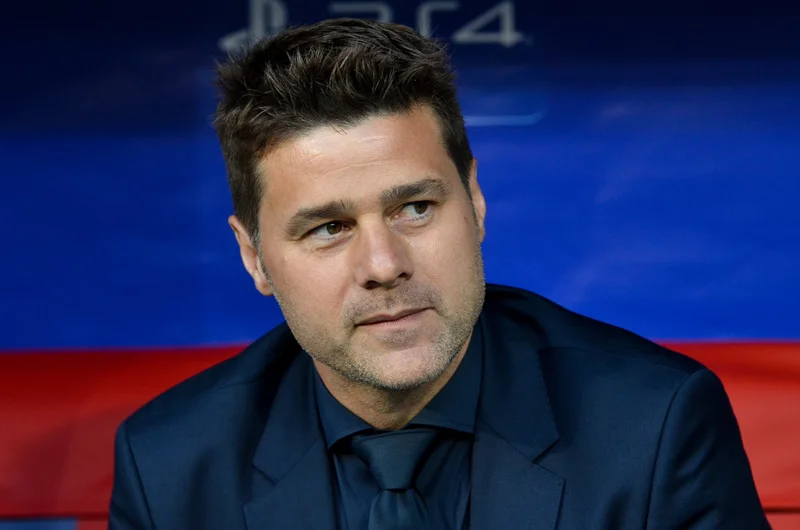
Just recently, Pochettino implored his Chelsea superiors to quash the “baseless rumors” surrounding his role, revealing that he’s kept in the dark about his future and relies solely on media reports for updates.
“If I have another year left on my contract here, and there’s no official communication, then I assume I’ll remain,” Pochettino stated during a press briefing. “As of now, it’s uncertain. I assume I have another year on my contract, and I’m prepared to stay.”
Boehly and Eghbali could easily dispel the uncertainties surrounding Pochettino by providing a definitive answer regarding his status for the upcoming season. However, the ongoing ambiguity raises broader questions about their expectations and objectives as owners.
Their substantial investment in the playing squad, exceeding £1 billion, likely demands more than a late-season push for Europa League qualification. Yet, considering Chelsea’s position upon Pochettino’s arrival last summer, the team’s current trajectory should signal a path toward a more promising future.
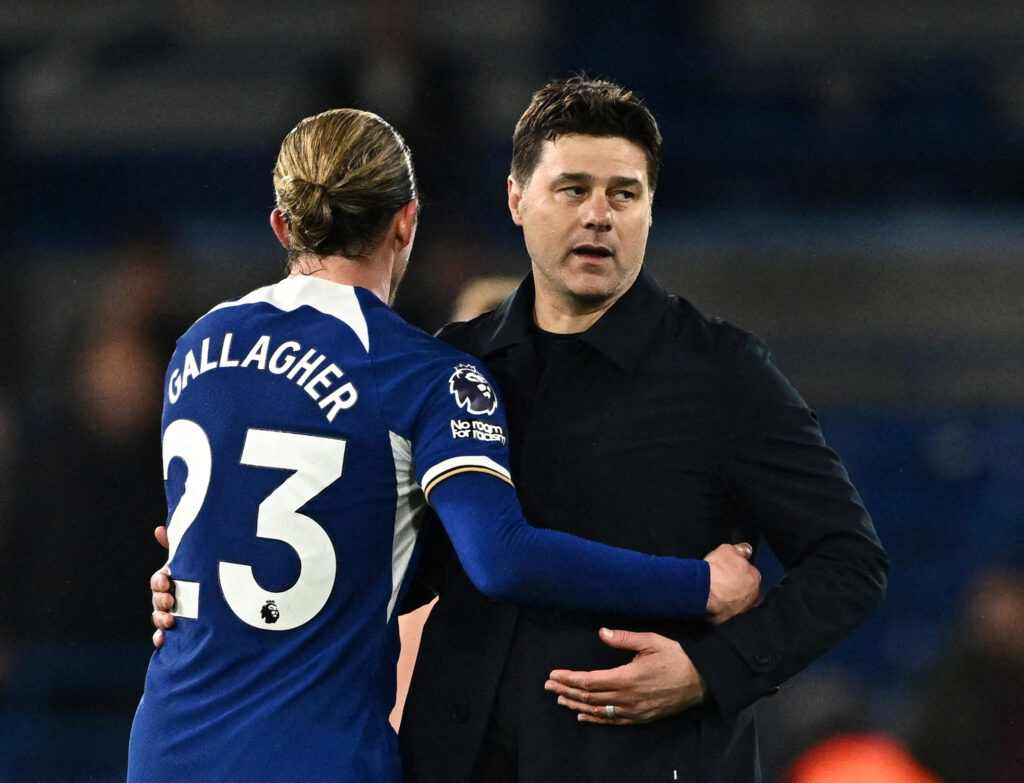
This time last year, Chelsea languished in 12th place in the Premier League, a staggering 27 points behind the top four. Boehly and Eghbali endured a tumultuous inaugural year as owners, marked by multiple managerial changes. They parted ways with Champions League-winning coach Thomas Tuchel within a month of their tenure, installing Graham Potter as his replacement. However, Potter’s tenure lasted just eight months before his dismissal, leading to the return of former manager Frank Lampard to see out the final 11 games of the season.
Last summer witnessed another wave of substantial spending, totaling over £400 million, on some of the most promising young talents in football, such as Moisés Caicedo, Romeo Lavia, Christopher Nkunku, and Cole Palmer. However, it also saw the departure of a cohort of seasoned players, including Kai Havertz, Mason Mount, Mateo Kovacic, N’Golo Kanté, César Azpilicueta, Christian Pulisic, and Kalidou Koulibaly. Pochettino stepped into a football club in a state of flux, characterized by new ownership, frequent changes in management, and a strategy, led by the new owners, of replacing established, experienced performers with youthful prospects yet to realize their full potential.
Pochettino may have underestimated the magnitude of the challenge he inherited. The 52-year-old has seldom appeared content in his role, with any progress often derailed by significant defeats. Moreover, he has had to contend with a disgruntled fan base, which has occasionally protested against the new ownership, clamored for the return of former manager José Mourinho, and shown little warmth towards Pochettino due to his previous association with bitter rivals Tottenham. However, despite these challenges and long-term injuries to key players like Lavia and Nkunku, Pochettino has steered Chelsea to the Carabao Cup final, the FA Cup semifinals, and remains in contention for a top-six finish and European qualification this season.
Momentum is a frequently underestimated factor in football, and compared to Ange Postecoglou at Spurs and Erik ten Hag at Manchester United, Pochettino and Chelsea are concluding the season on a much more convincing note. They have suffered just one defeat in their last 12 Premier League matches—albeit a significant 5-0 loss to Arsenal last month—and have recently secured local bragging rights with consecutive victories against London rivals Spurs and West Ham United. With three games remaining against Nottingham Forest, Brighton, and Bournemouth, Chelsea could still finish the season as high as fifth. Palmer, a summer signing from Manchester City for £42.5 million, has emerged as one of the Premier League’s standout performers, contributing 21 goals and nine assists in 31 appearances.

When they appointed Pochettino, he came with a reputation for excelling with young players and shaping them into a cohesive unit, as evidenced by his tenure at Spurs. However, teams reliant on youth often grapple with inexperience and lack of maturity, particularly in the absence of seasoned players. This glaring void in the squad stemmed from the owners’ tumultuous recruitment rather than Pochettino’s decisions, or those of Lampard, Potter, and Tuchel before him.
Considering the hurdles he has faced, achieving a top-six finish would be nothing short of remarkable. Pochettino shouldn’t be left pondering his job security at the end of this season. If Boehly and Eghbali harbored expectations beyond what Pochettino has delivered thus far, the same naivety that has impacted Chelsea’s on-field performance this season appears to be a significant issue in the boardroom as well.
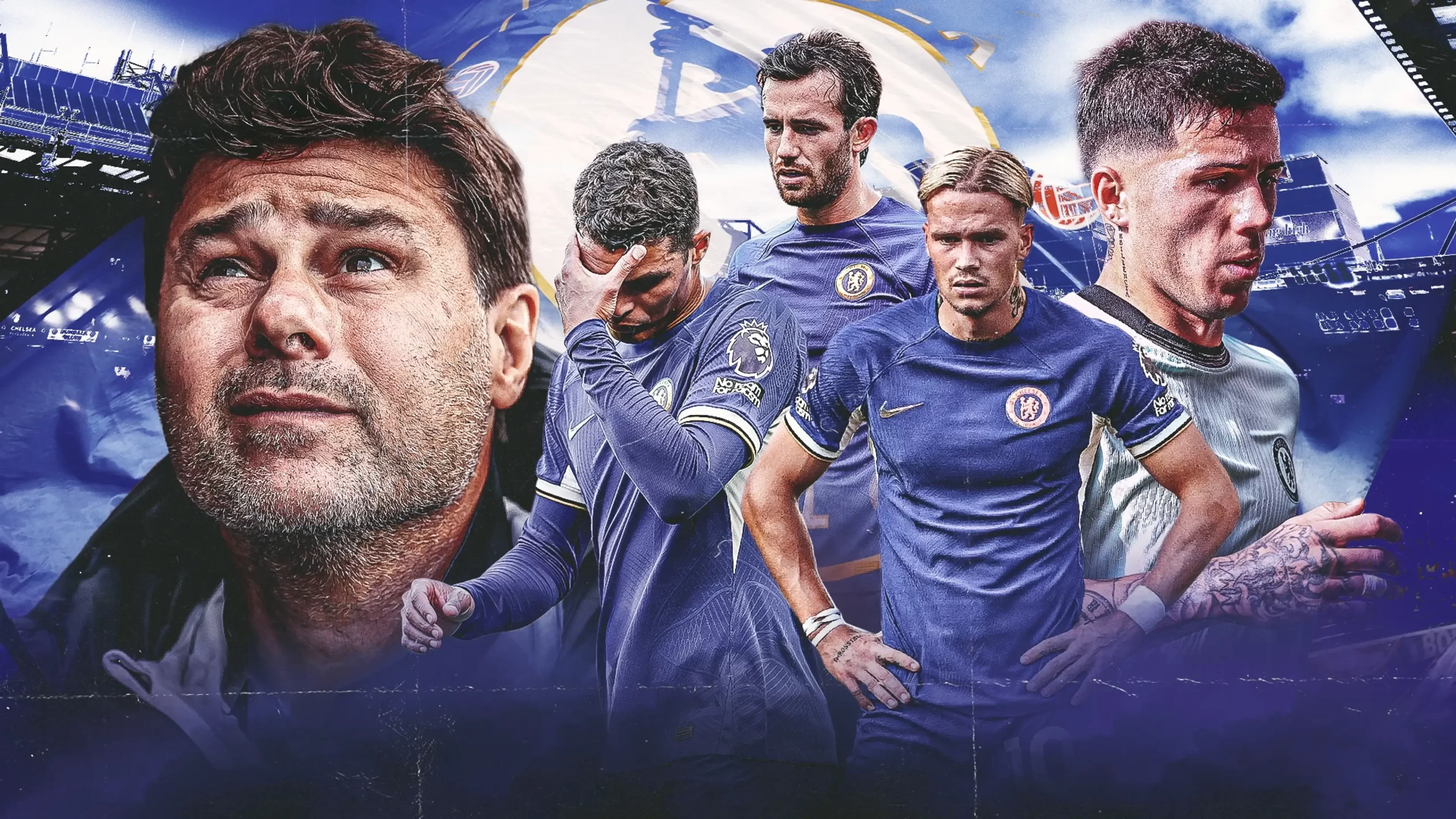
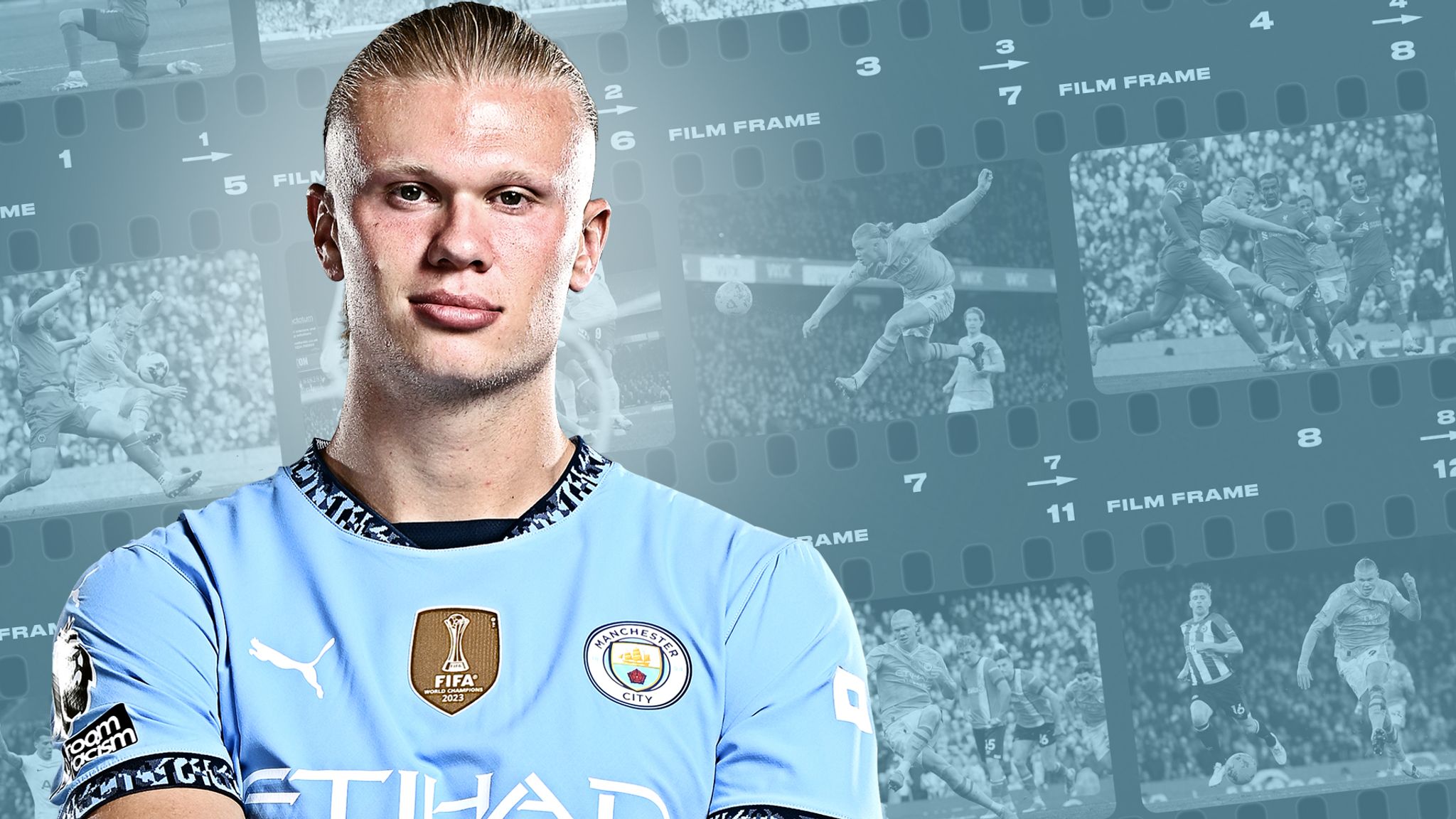

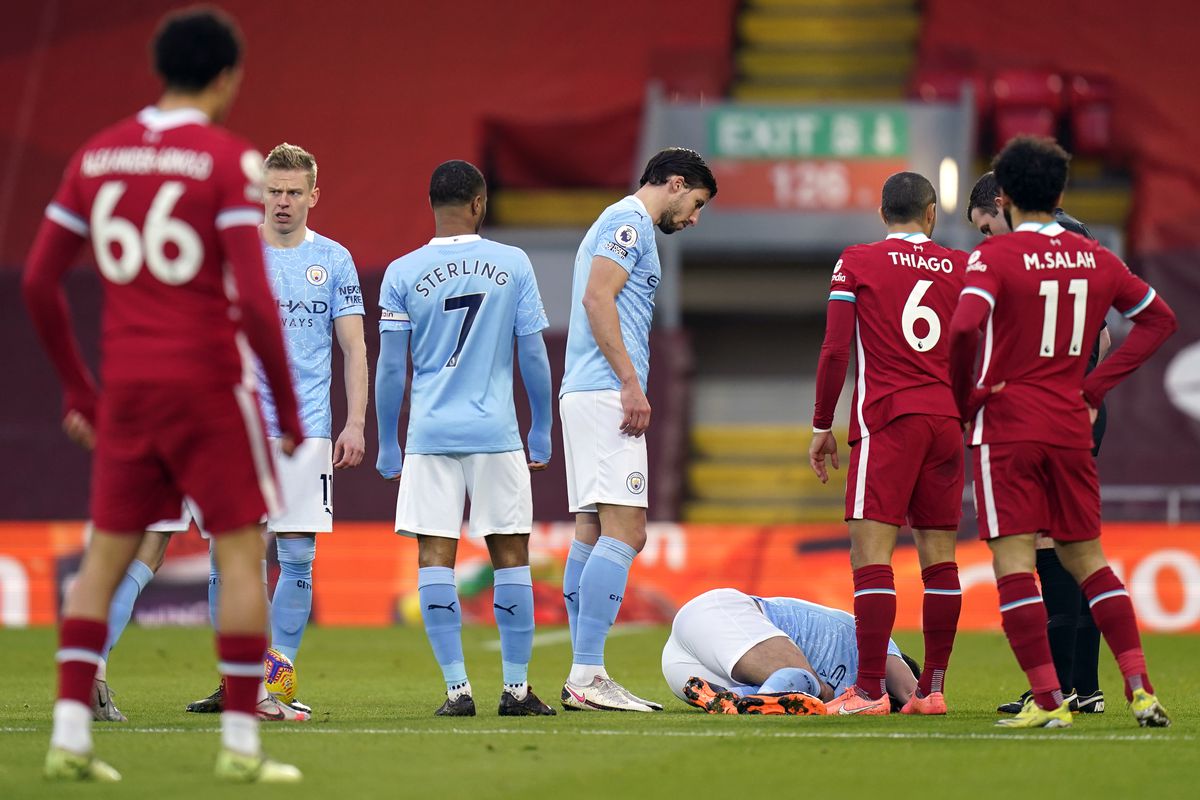
Post Comment